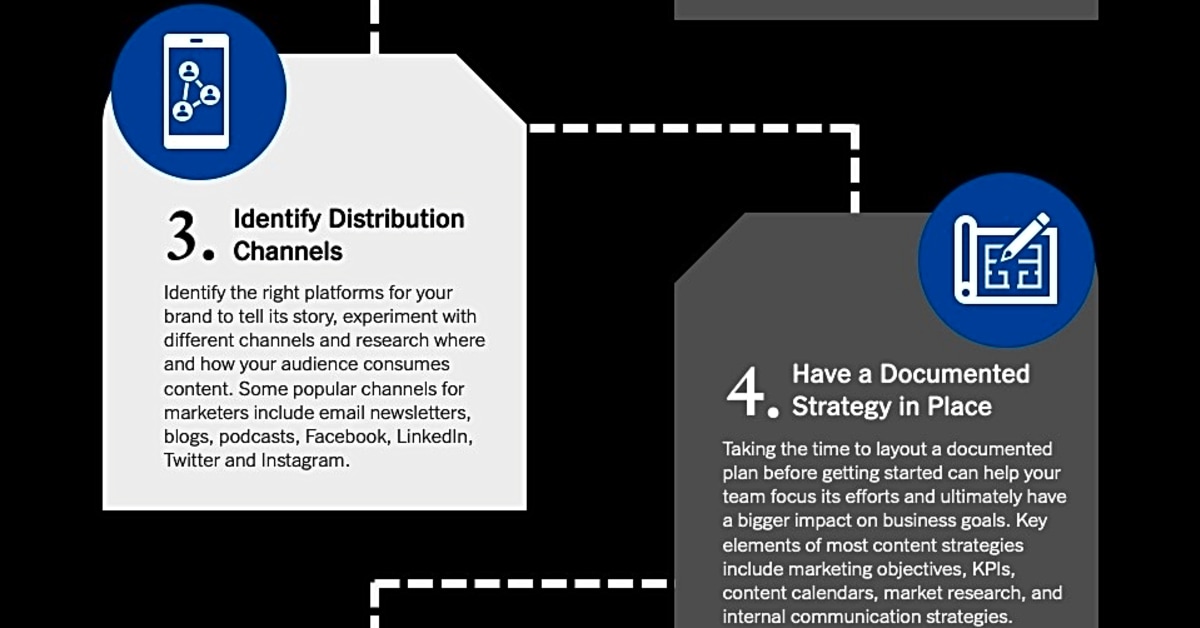A Comprehensive Guide to Target Market Research for Strategic Planning

Target market research is a crucial component of strategic planning for any business. In today’s competitive landscape, understanding your target market is essential for success. Without a thorough understanding of who your customers are, what they want, and how they behave, it is nearly impossible to create effective strategies and make informed business decisions. Whether you are a new business looking to enter the market or an established company seeking growth opportunities, conducting target market research is a necessary step in achieving your goals. In this comprehensive guide, we will delve into the importance of target market research and provide you with actionable tips and strategies to help you gather valuable insights about your audience. So, let’s dive in and explore how target market research can drive your strategic planning efforts to new heights.Target market research is a crucial component of strategic planning. It involves gathering and analyzing information about your target audience, competitors, and market trends. This information can help you make informed decisions and develop effective strategies to reach your business goals. For example, through target market research, you can identify the needs and preferences of your customers, assess the strengths and weaknesses of your competitors, and understand the current market landscape. With this knowledge, you can develop a strong business strategy that will set you apart from your competition and drive success. To conduct effective target market research, you should consider the following key areas: target audience, competitors, market trends. By focusing on these areas, you can gather valuable insights that will guide your strategic planning process.
Firstly, it is important to understand your target audience. This includes demographics such as age, gender, income level, education, and location. It also involves understanding their behavior, interests, and purchasing habits. This information can help you tailor your products or services to meet their needs and preferences. Additionally, it can help you identify potential new markets or niche audiences that you may have overlooked.
Secondly, conducting research on your competitors is crucial for developing a successful business strategy. This includes analyzing their products or services, pricing strategies, marketing tactics, and overall strengths and weaknesses. By understanding your competitors, you can find ways to differentiate yourself from them and gain a competitive advantage in the market. It also allows you to anticipate their actions and stay ahead of the game.
Lastly, keeping up with market trends is essential for staying relevant in today’s fast-paced business world. This involves monitoring changes in consumer behavior, technological advancements, and industry developments. By staying informed about market trends, you can adapt your strategies accordingly and stay ahead of your competitors.
In conclusion, target market research is a crucial aspect of strategic planning that should not be overlooked. By gathering insights about your target audience, competitors, and market trends, you can develop a strong business strategy that will help you achieve your goals and succeed in the long run. Remember to regularly conduct market research to stay updated and make informed decisions for your business.
We hope this comprehensive guide has provided you with valuable insights on conducting target market research for strategic planning. Stay tuned for our next article on how to use this research to develop effective marketing strategies.
Monitoring Market Trends
Stay informed about the latest industry developments.
Assessing Your Competitors
When it comes to strategic planning, it is crucial to not only understand your own company’s strengths and weaknesses, but also those of your competitors. This is where target market research comes into play. By analyzing the strengths and weaknesses of your competitors, you can gain valuable insights that will inform your own strategic decisions.
Understanding Your Target Audience
use HTML structure with target market research only for main keywords and
When it comes to conducting target market research, the first step is to identify who your customers are and what they want. This involves gathering demographic information such as age, gender, income, education level, and geographic location. You should also consider their psychographic characteristics, such as values, interests, and lifestyle. By understanding your target audience, you can tailor your marketing strategies to better meet their needs and preferences.
do not use “newline character”
Target market research is an essential aspect of strategic planning that can greatly benefit your business. By understanding your target audience, competitors, and market trends, you can develop effective strategies that will help you achieve your business goals. Remember to continuously monitor and update your target market research to stay ahead of the competition and adapt to changing market conditions. With these strategies in place, you can drive your business towards success.
Related Posts
Learn about effective strategies for conducting target market research to improve business performance. Explore topics such as strategic planning, organizational development, and leadership.